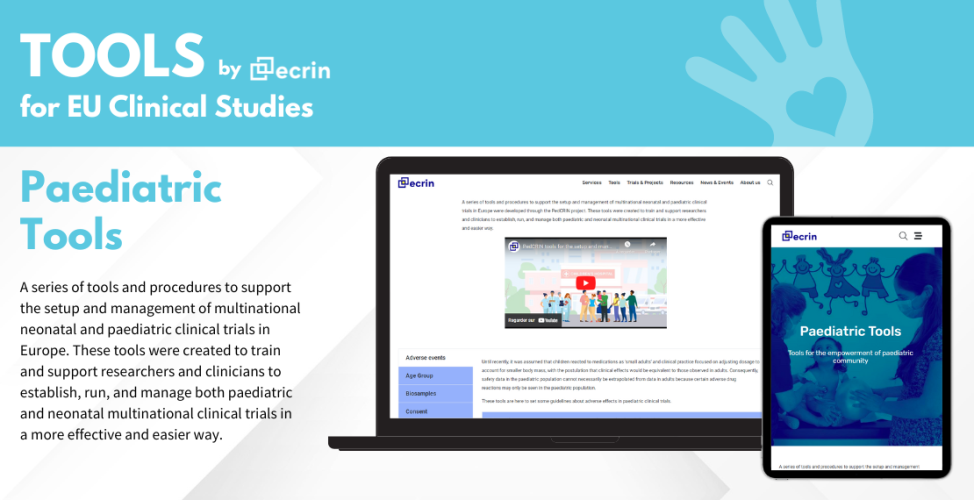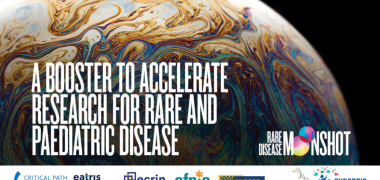Tools for EU clinical studies: paediatric and neonatal tools

For researchers and clinicians in paediatric and neonatal studies, ECRIN offers a series of tools and procedures to support the setup and management of multinational neonatal and paediatric clinical trials in Europe. Through the PedCRIN project, tools were created to train and support researchers and clinicians to establish, run, and manage paediatric and neonatal multinational clinical trials.
For a long time, it was assumed that children reacted to medications as ‘small adults’ and clinical practice focused on adjusting the dosage to account for smaller body mass, with the assumption that clinical effects would be equivalent to those observed in adults. The paediatric population often responds to drugs and other therapeutics differently than adults. Children differ from adults in anatomical and physiological ways, and in the types of diseases from which they suffer; moreover, the manifestations of those diseases are different between children and adults.
To enable better research in these populations, ECRIN, through PedCRIN, published the Paediatric Tools for clinical research on its website, to facilitate answers to questions and challenges faced by paediatric researchers across Europe (and internationally). Centralising resources and expertise to conduct and manage robust studies, while minimising risk and protecting the child participants the tools cover all aspects from Adverse Events and Age Groups, to Consent or Feasibility Assessment.
Visit the Paediatric Tools for clinical research for free





